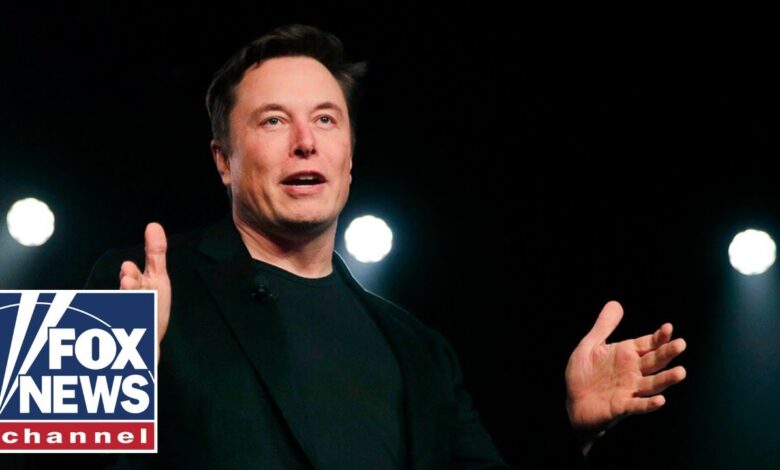
'Fox & Friends Weekend' co-host Will Cain joined 'The Faulkner Focus' to discuss George Soros handing over his multi-billion ...
source

'Fox & Friends Weekend' co-host Will Cain joined 'The Faulkner Focus' to discuss George Soros handing over his multi-billion ...
source